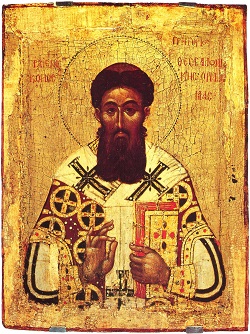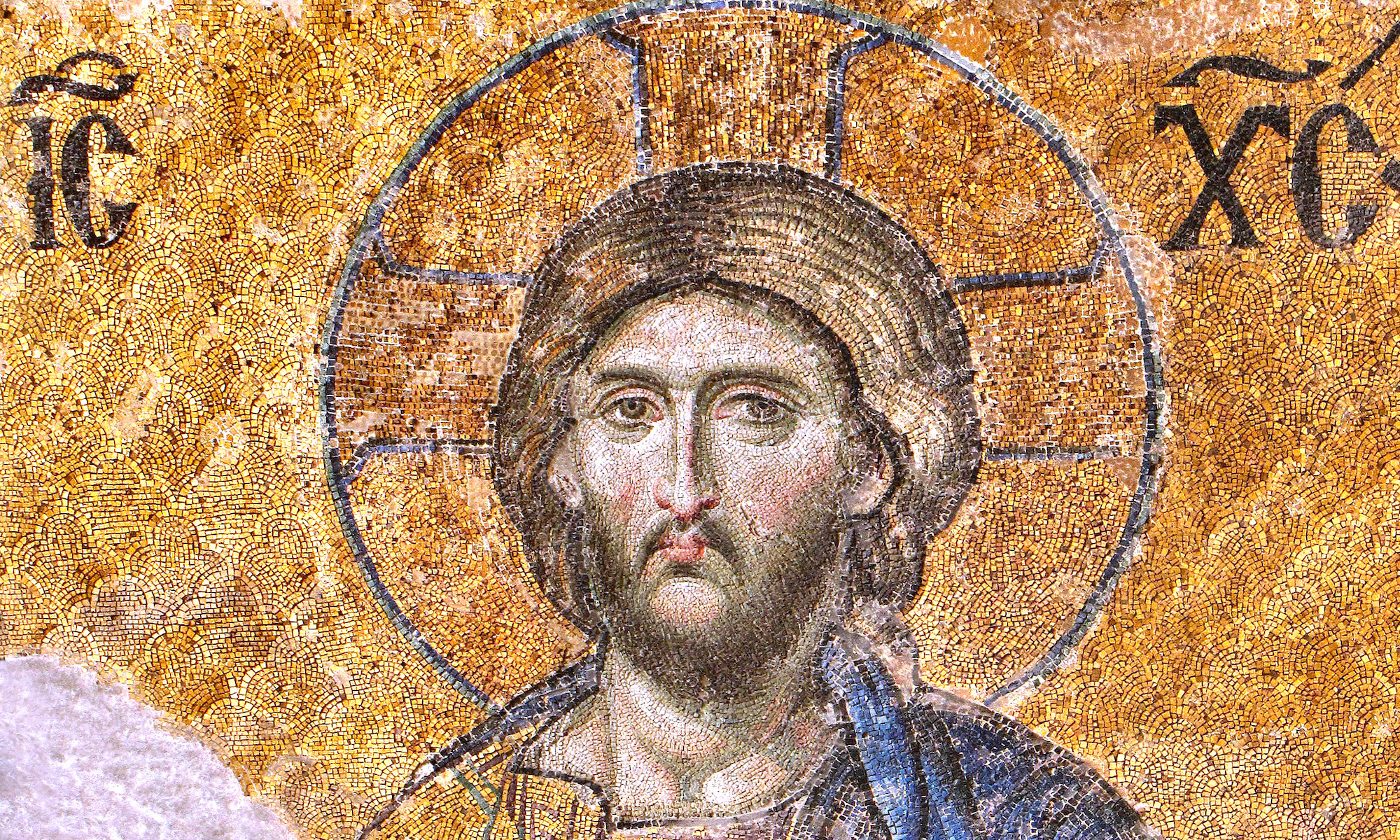On this second Sunday of Great Lent, we celebrate and commemorate the Holy Gregory of Palamas

Podcast: Play in new window | Download
Subscribe: RSS

The English-language Orthodox Church in Vancouver, BC
On this second Sunday of Great Lent, we celebrate and commemorate the Holy Gregory of Palamas

Podcast: Play in new window | Download
Subscribe: RSS
We continue our preparation for Great Lent by considering the power of repentance, the importance of self-perception, and how we may repent with the prodigal son
Podcast: Play in new window | Download
Subscribe: RSS
We continue our preparation for Great Lent by examining the significance of prostrations and considering how we may prostrate ourselves with the Publican
Podcast: Play in new window | Download
Subscribe: RSS